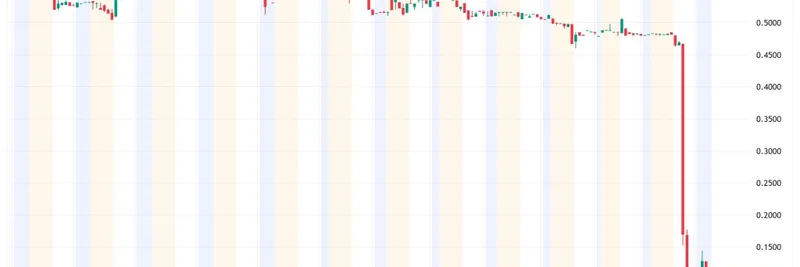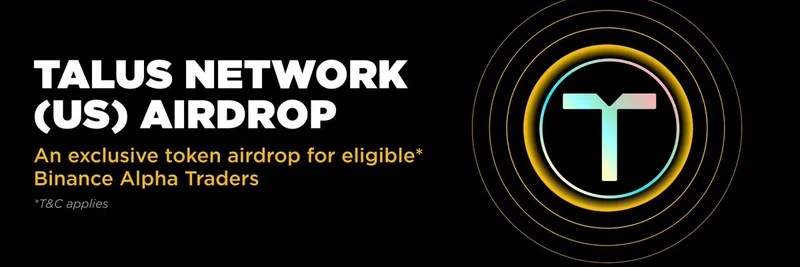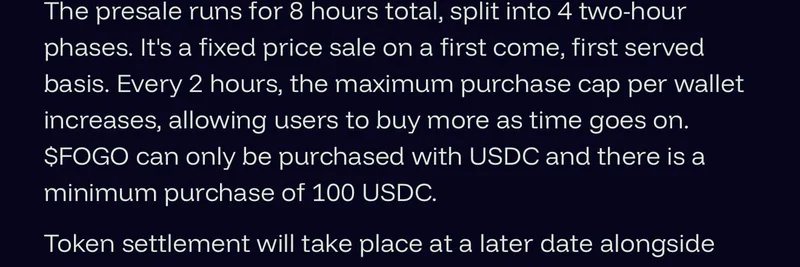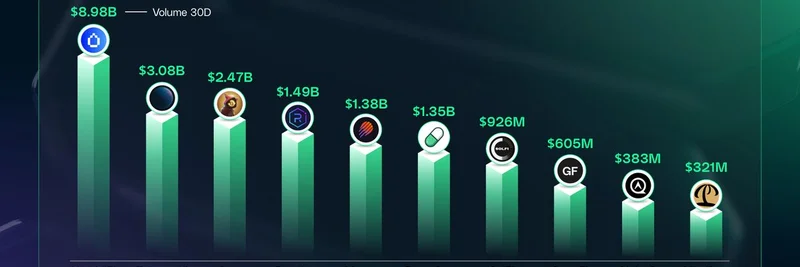The crypto world is buzzing after a recent tweet from Rob Hadick, General Partner at Dragonfly Capital, highlighting the pitfalls of Digital Asset Treasuries (DATs). Quoting a post from crypto.news, Hadick points out that many DATs are essentially quick cash grabs run by inexperienced teams, and the market is starting to wake up to this reality.
For those new to the term, a Digital Asset Treasury (DAT) is basically a public company that holds cryptocurrencies like Bitcoin, Ethereum, or in this case, BNB (Binance Coin) on its balance sheet. It's a way for investors to get exposure to crypto without directly buying and holding the tokens themselves—think of it as a stock that tracks crypto prices indirectly. Companies like MicroStrategy have popularized this model with Bitcoin, but now altcoins and even meme tokens are getting in on the action through similar setups.
In the spotlight is WindTree Therapeutics, a biotech firm that's pivoted to holding BNB as part of its treasury. According to the news, they're facing delisting from Nasdaq due to noncompliance with exchange requirements. This isn't just a minor hiccup; it's a sign of deeper issues in how these DATs are managed.
Hadick's take is spot on: "We are at the beginning of realizing the consequences that most of these DATs have been run and launched by unsophisticated market participants with little goals than making a quick buck and zero ability to run a public company." He emphasizes that while a few DATs are built with long-term vision and solid expertise, the majority are forcing tokens into unfit public structures, leading to inevitable fallout.
This resonates especially in the meme token space, where hype often outpaces fundamentals. Meme tokens like Dogecoin or newer ones on Solana thrive on community buzz, but when tied to DATs, the risks amplify. Imagine a public company scooping up meme coins for its treasury—sounds exciting, but if the management lacks the chops to handle regulatory scrutiny or market volatility, it could end in delisting or worse, wiping out investor value.
Community reactions in the thread echo this sentiment. One user, Carlo, draws parallels to SPACs (Special Purpose Acquisition Companies) from 2020-2021, which boomed and then busted, leaving lawsuits in their wake. "Are DATs the Next SPACs?" he asks, warning that history might repeat itself in crypto.
Another reply from AZKicks notes: "Yep, have gotten at least 25 pitches come inbound in the last 2 months. There are maybe 4 DATs worth taking seriously." This suggests a flood of subpar opportunities, making it crucial for investors to do their due diligence.
Even Hadick chimes back in on a question about dissolution opportunities: "Don’t believe Windtree ever actually held BNB. I wouldn’t bet that in most cases they will actually dissolve. May get acquired or just linger." This adds nuance—some DATs might not even hold the assets they claim, or they could zombie along without delivering value.
For meme token enthusiasts, this is a wake-up call. While DATs can pump liquidity and visibility into your favorite coins, they also introduce traditional finance risks like compliance failures. If you're holding meme tokens that DATs are promoting, keep an eye on the company's filings and leadership. Quality matters: look for teams with capital markets experience and transparent operations.
As the crypto market matures, expect more shakeouts like this. The survivors will be those DATs that blend crypto innovation with solid business practices. In the meantime, stay informed—follow threads like this on X for real-time insights into where the industry is heading.
What do you think? Are DATs a boon or a bust for meme tokens? Drop your thoughts in the comments below.




